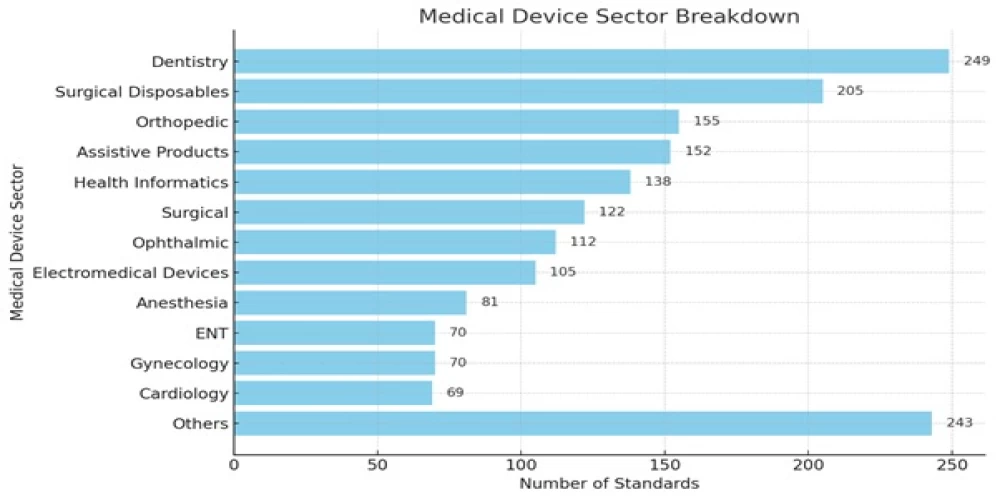
New Delhi: The Bureau of Indian Standards (BIS), India’s National Standards Body, is addressing the growing need for reliable and affordable medical assistive technology. The Bureau is developing standards for innovative products such as therapeutic footwear, portable ramps, braille displays, and fall detectors, which support individuals with disabilities and enhance their quality of life.
In line with the National Medical Device Policy, 2023, BIS is prioritising the development of standards for 214 critical medical devices. These have been identified in consultation with the Department of Pharmaceuticals (DoP). The list includes septal closure devices, plasma sterilizers, and phototherapy machines. The initiative is set for phased completion by December 2025.
The Bureau is also driving improvements in healthcare quality, safety, and reliability by developing robust medical device and service standards. By aligning with the Medical Devices Rules, 2017, and the National Medical Device Policy, 2023, BIS is playing a key role in establishing a robust regulatory framework that prioritises public safety while fostering innovation.
BIS has published over 1,700 standards for the medical sector, covering specialties such as cardiology, neurology, orthopaedics, ophthalmology, and more. Of these, around 1,200 standards specifically focus on medical devices critical to healthcare, including:
Life-saving devices: Cardiac pacemakers, heart valves, ventilators, and haemodialysis machines. Advanced diagnostic tools: X-ray machines, CT scanners, MRI systems, and blood glucose monitors. Assistive technology: Hearing aids, wheelchairs, Jaipur Foot, and tactile pathways for visually impaired individuals. BIS standards in this sector ensure that Indian medical devices are safe, effective, and globally competitive. These efforts build trust among healthcare providers, consumers, and international stakeholders, while solidifying India’s reputation as a leader in healthcare innovation.
Source: PIB


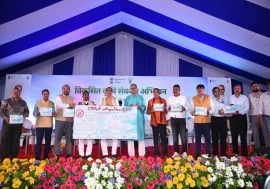
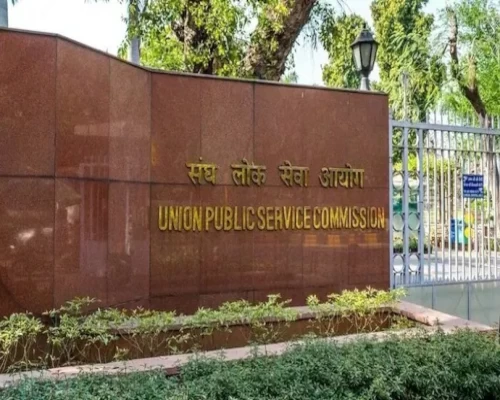


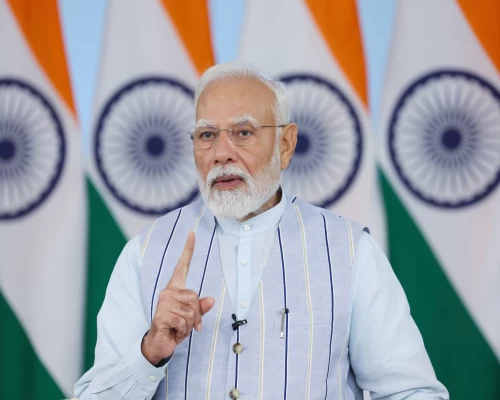
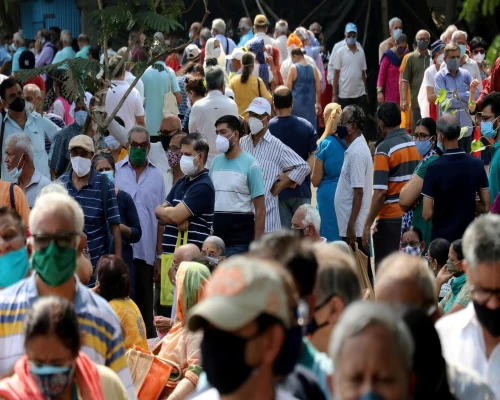

 (13)_500_x_400.webp)


